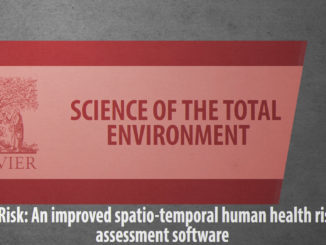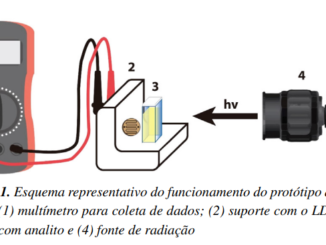
Tunable photoluminescence of CaCu3Ti4O12 based ceramics modified with tungsten
Abstract: CaCu3Ti4O12 (CCTO): x% W (x = 0.00, 0.02, 0.05, 0.10, 2.50, and 5.00) powders were prepared via solid-state reaction. The effect of W addition in the (micro)structure and optical properties was analyzed using computing simulations and experimental techniques. The widespread application of perovskite-light-emitting diodes (PeLEDs), photovoltaic devices, and photocatalysis is limited by the intrinsic instability of the perovskite materials (e.g., metal halides), compromising operational efficiency, and pushing for the development of novel perovskite materials. The Rietveld analysis and XPS results confirm the presence of W5+, Ti3+, and Cu+ ions in all samples of the CaCu3Ti4O12: x% W system, leading to structural changes that strongly influence the PL response of the material. Based on a correlation approach, a practical model explaining the relationship between electronic defects and photoluminescent (PL) emissions in the CCTO system is proposed. On samples x = 0.00, 0.10, and 5.00, red PL emissions are due to the presence of metal vacancies, and deep-level defects, while blue PL emissions on samples x = 0.02, 0.05, and 2.50 are associated with shallow defects. Thus, our research shows evidence that CaCu3Ti4O12 (CCTO): W ceramic systems may be promising to photonics applications.
Author(s): Moreno, H.; Cortés, J.A.; Praxedes, F.M.; Freitas, S.M.; Rezende, M.V.S.; Simões, A.Z.; Teixeira, V.C.; Ramirez, M.A.
Journal of Alloys and Compounds
Published: 5 January 2021, Volume 850, 156652
DOI: https://doi.org/10.1016/j.jallcom.2020.156652
CDMF
The CDMF, hosted at the Federal University of São Carlos (UFSCar), is one of the Research, Innovation and Dissemination Centers (RIDC) supported by the São Paulo State Research Support Foundation (Fapesp), and also receives investment from the National Council Scientific and Technological Development (CNPq), from the National Institute of Science and Technology of Materials in Nanotechnology (INCTMN).




